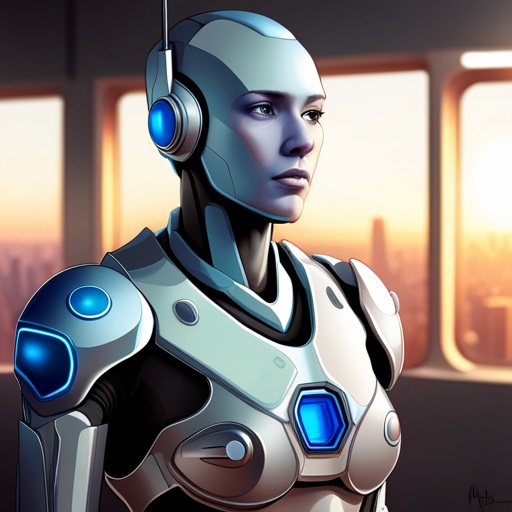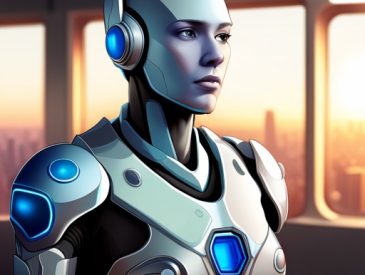In the race for artificial intelligence dominance, Meta (formerly known as Facebook) has been making significant strides. Recent reports indicate that Meta is working on developing a new AI model to rival OpenAI’s highly acclaimed GPT-4. With ambitions of creating a more powerful and sophisticated chatbot, Meta has been aggressively acquiring AI training chips and expanding its data centers.
The development of a GPT-4 competitor by Meta showcases the company’s commitment to pushing the boundaries of AI capabilities. By investing in state-of-the-art technology and infrastructure, Meta aims to establish its position as a formidable player in the AI landscape.
Meta’s quest to create a GPT-4 competitor entails significant investments in AI training chips. These specialized chips are designed to handle the immense computational requirements necessary for training large-scale AI models. With the acquisition of these chips, Meta is equipping itself with the necessary hardware to fuel its AI research and development initiatives.
Expanding their data centers is another crucial aspect of Meta’s strategy. These data centers provide the computational power needed to train and optimize complex AI models. By bolstering their infrastructure, Meta ensures that they have the capacity to handle the massive amounts of data involved in training an advanced chatbot like GPT-4.
The development of Meta’s GPT-4 competitor carries profound implications for the future of AI-powered chatbots. A successful creation could lead to more sophisticated and capable conversational AI systems that can understand and respond to human interactions with unprecedented precision and context.
While specific details about Meta’s GPT-4 competitor remain undisclosed, the company’s track record in AI research and development instills confidence in its ability to deliver groundbreaking advancements. As Meta continues to invest in AI technology and talent, the industry eagerly anticipates the unveiling of their GPT-4 competitor.
The competition between Meta and OpenAI drives innovation and fosters the evolution of AI capabilities. As these tech giants strive to outdo each other, advancements in natural language processing and conversational AI are likely to benefit society at large. The development of a more powerful chatbot by Meta could unlock new possibilities in areas such as customer service, virtual assistants, and automated interactions.
While Meta’s pursuit of a GPT-4 competitor showcases their ambition and determination, it also underscores the growing importance and demand for sophisticated AI models. As companies vie to create increasingly intelligent chatbots, the future holds exciting possibilities for AI-powered interactions and the seamless integration of technology into our daily lives.
Get ready to dive into a world of AI news, reviews, and tips at Wicked Sciences! If you’ve been searching the internet for the latest insights on artificial intelligence, look no further. We understand that staying up to date with the ever-evolving field of AI can be a challenge, but Wicked Science is here to make it easier. Our website is packed with captivating articles and informative content that will keep you informed about the latest trends, breakthroughs, and applications in the world of AI. Whether you’re a seasoned AI enthusiast or just starting your journey, Wicked Science is your go-to destination for all things AI. Discover more by visiting our website today and unlock a world of fascinating AI knowledge.
Sources:





